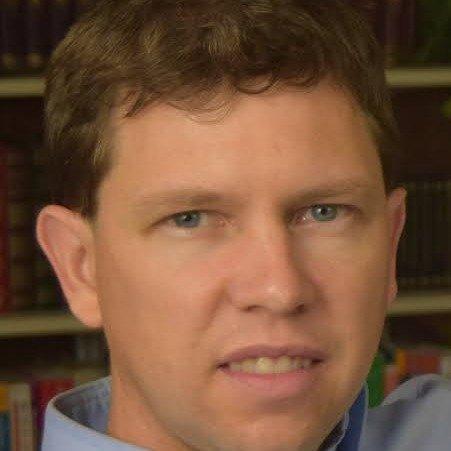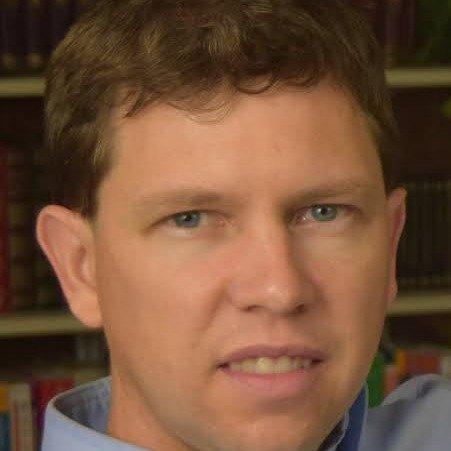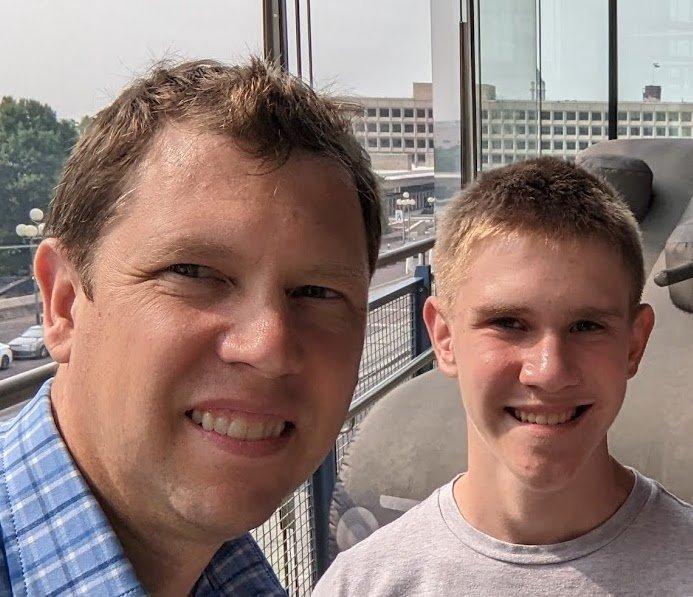Agile Lunch and Learn: Past events
-

Embrace these Three Fearsome Words: Test In Production - Nayan Hajratwala
305 people attendingThese three words strike fear into the hearts of development teams everywhere, yet Testing in Production can significantly accelerate product delivery by unleashing improvements in quality, feedback loops & infrastructure cost.
In this session you’ll see demos of real world, ultra-lean delivery pipelines. You’ll also see code examples that can get you to production without all those pesky Dev, QA, Staging, UAT, PreProd & Performance environments.
When you walk away from this session, you’ll have the confidence & strategies to start your journey towards implementing a true Continuous Deployment pipeline that culminates in automated Production Testing.
More... -

Coaching Agile - An Outline for Improvement
329 people attendingIn this session we are going to walk through steps for improving a typical Agile team and look at a general outline of how an Agile coach might approach helping a team begin to make incremental and continuous improvement in their ability to deliver.
More... -

Radiating Information - Agile LnL
288 people attendingWhile everyone likes the idea of radiating information instead of creating lots of reports, many teams aren’t working in a way that actually allows information to be radiated. Other teams could but haven’t found a good way to actually radiate the information. Both situations leave in you a position where creating reports can take a great deal of time and effort without producing a lot of value or even transparency. Any small step we can take to make information more transparent and more meaningful simply in the way we organize our work is a worthwhile investment. When teams organize their work around the goal of transparency and accountability, it reduces the dependence on costly reporting which frees more time for doing the actual work.
More... -

Optimizing for Flow
279 people attendingIn this online version of my popular interactive token flipping workshop, we are going to simulate some work, do some experiments to optimize the flow, and then talk about the principles we can apply to the way we deliver software. We'll also look at the story of how the namesake of Lowell Observatory "discovered" Martians building canals on Mars and talk about how that relates to the way we deliver software.
More... -

WIP Into Shape - AgileLnL - Ryan Latta
333 people attendingWork-In-Progress limits are a powerful but unintuitive technique that can lead to rapid improvements in performance and processes. Teams using Ryan Latta's simplified approach often deliver work 4x to 10x faster. In this talk Ryan will cover what they are and a simplified approach to using them so you can see results in less than two weeks and common pitfalls.
More... -

Reliable Retrospectives
305 people attendingRetrospectives are an important part of most Agile teams driven by the principle of reflecting and improving the way the team works. Not all retrospectives achieve that goal. Some teams have trouble coming up with anything actionable and degrade into regularly scheduled sessions to complain about things outside their control. In this session, we are going to look at ways to help teams succeed in making retrospectives a useful positive tool that drives the self-improvement process.
More... -

AgileLnL: How to do TDD with the Help of ChatGPT with Special Guest Jason Swett
353 people attendingWhen most people see ChatGPT, they think the main use case for it is new write new code. In this talk, Jason Swett will show us that just because ChatGPT can write code doesn’t mean all the benefits of TDD are somehow invalidated. Tune in to see the way Jason does TDD with the assistance of ChatGPT.
More... -

Crafting Compelling User Stories: The Key to Successful Software
287 people attendingUser stories drive the process of creating software. Good user stories help develop software efficiently, but poor user stories can lead to lower return on investment and even cancelled projects. We will look at a number of example user stories from robotic milking machines to online shoe stores to discover the key to creating stories that effectively represent complex work with simplicity.
More... -

Test Driven Development & Pair Programming - Live Coding Demo
359 people attendingIn this Test Driven Development and Pair Programming Benjamin and Mark are going to create a simple algorithm using TDD and pair programming. Come see how developers can use pair programming and test driven development to create code faster and with higher quality than when they work alone.
More... -

Awesomely Simple Book Summary
300 people attendingAwesomely Simple is a book that takes strategies gleaned from successful companies and distills them down to six simple principles. These principles aren't just for huge companies. They are also very present on successful Agile teams and notably absent on teams that fail to deliver for their customer. We'll go over the 6 principles, show how they apply to your Agile team, and give a copy of the book away--all in 30 minutes.
More...